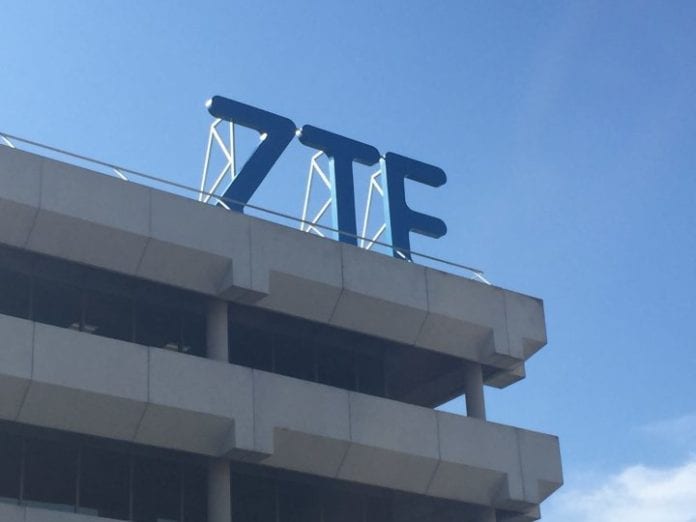The vendor said that it expects 5G compatible handsets to be commercially available in two years
TOKYO–Chinese vendor ZTE expects to see revenues from the sale of standardized 5G equipment in 2019, the company’s managing director for 5G solutions, Alex Wang, told reporters during a press conference on the sidelines of an industry event in Japan last week.
The executive said the company expects to see higher revenues from the sale of 5G-related equipment from 2020 onwards, noting this will depend on the mobile operators’ roadmaps for the commercial launch of 5G services.
Wang also said the vendor is working with U.S. chipmaker Qualcomm and China Mobile to carry out end-to-end tests. “It’s important the whole ecosystem works together, including handsets and chipsets. By 2019 and 2020, we believe we’ll have some commercial offering of handsets,” Wang said.
“We consider Chinese and Japanese operators as following the more strict 3GPP-based definition, with launches around 2020. Any launch earlier than that is up to the individual operator to define, but we don’t think that’s standard compliant 5G,” Wang said.
“China Mobile has committed to launching 5G by 2020, so we are making sure our products are commercially ready for its launch,” he added.
ZTE also said it will play a much larger role in the development of specifications for emerging cellular technologies compared to previous specifications for 2G, 3G and 4G technologies.
“In the past we were less mature. With 2G and 3G, and even with 4G, we weren’t that big. But in the era of 5G, we were well prepared. We’ve spent a huge amount of money and devoted so much human resources, particularly towards the New Radio specifications,” Wang Xinhui, Director of Wireless Standardization and Industrial Relationships at ZTE, said.
During a keynote presentation at the 3rd Global 5G Event in Tokyo, Wang said that telecommunications operators should work towards to incubate globally harmonized ecosystem for mobile communication. “2017 is a critical year. Standardization for next-generation mobile broadband and the Internet of Things should go hand-in-hand, and cooperation with industries should be enhanced,” Wang said. “For example, it is vital for 5G to integrate with vertical applications such as the Internet of Vehicles.”
The Chinese vendor has already signed strategic partnerships on research and development with mobile operators including Deutsche Telekom, Telefonica, SoftBank, KT Group, China Mobile, China Telecom and China Unicom.

